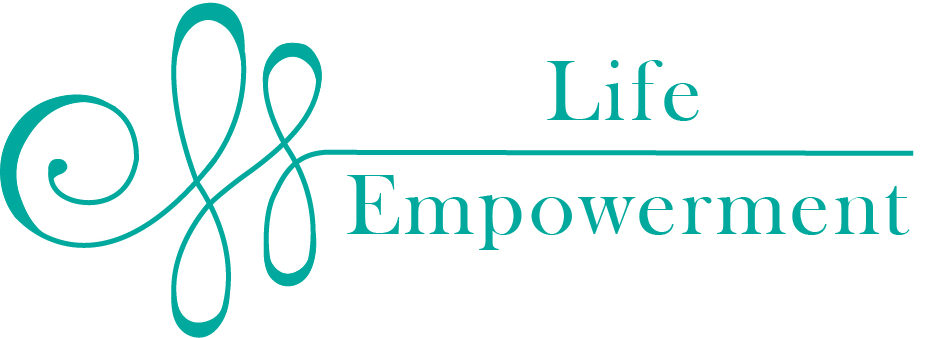DOUBLE EDGED SWORD:


How Technology Impacts Our Mental Wellbeing
Technology has woven itself into the fabric of our lives.
From smartphones to social media, it offers a constant stream of connection, information, and entertainment. But this digital revolution isn’t without its shadows. While technology offers undeniable benefits, its influence on our mental health paints a complex picture.
The Upside: Connection and Empowerment
Technology can be a lifeline for those struggling with social isolation or geographical distance. Social media platforms connect us to loved ones across continents, fostering a sense of belonging. Online forums and support groups provide safe spaces for individuals with similar challenges to connect and share experiences.
Furthermore, technology empowers us to manage our mental health. There’s a plethora of apps for mindfulness exercises, meditation, and cognitive behavioral therapy (CBT). These tools can be readily accessible and personalized, making self-care more achievable.
For those seeking professional help, technology bridges the gap. Teletherapy allows individuals to access therapists remotely, removing geographical barriers and potentially reducing stigma. This can be particularly beneficial for those in rural areas or with limited mobility.
The Downside: Comparison and the FOMO Trap
However, the curated perfection often showcased on social media can fuel feelings of inadequacy and social comparison. The constant barrage of unrealistic portrayals can distort self-image and self-esteem, particularly impacting young people. The “fear of missing out” (FOMO) can further exacerbate anxiety, as individuals feel pressured to maintain a hyperactive online presence.
Cyberbullying is another significant concern. The anonymity afforded by the online world emboldens some to engage in cruel and hurtful behavior. This can have lasting psychological consequences for victims, leading to depression, anxiety, and even suicidal thoughts.
The Attention Drain: A Battle for Focus
Technology’s constant stimulation can disrupt our ability to focus and concentrate. The relentless ping of notifications and the allure of social media feeds fragment our attention, making it difficult to stay present in the moment. This can hinder productivity and contribute to feelings of overwhelm and frustration.
Moreover, the blue light emitted by electronic devices disrupts our sleep patterns. Sleep deprivation is a major risk factor for mental health problems, including anxiety and depression. The irony is that while technology offers tools for relaxation, its very presence can sabotage our ability to truly unwind.

Finding Balance:
A Tech-Healthy Lifestyle
So, how do we navigate this double-edged sword? Here are some tips for promoting a tech-healthy lifestyle:
- Set boundaries: Schedule specific times to check emails and social media. Consider turning off notifications altogether when you need focused work time or quality relaxation.
- Curate your feed: Unfollow accounts that make you feel bad about yourself. Instead, follow those who inspire and uplift you.
- Embrace real-world connections: Prioritize face-to-face interactions with friends and family. Put your phone away during meals or outings to be fully present.
- Digital detox: Schedule regular breaks from technology. Spend time in nature, engage in hobbies, or simply disconnect to recharge.
- Prioritize sleep: Establish a consistent sleep schedule and create a relaxing bedtime routine. Avoid screens for at least an hour before bed.
- Seek professional help: Don’t hesitate to seek help from a therapist if you’re struggling with technology’s negative impact on your mental health.
Technology is here to stay, and its influence on our mental well-being is undeniable. By being mindful of its pitfalls and cultivating healthy habits, we can harness its benefits while safeguarding our mental health. Remember, technology is a tool, and like any tool, it’s up to us to use it responsibly.
Additional Resources:
- The National Alliance on Mental Illness (NAMI): https://www.nami.org/
- The Jed Foundation: https://jedfoundation.org/
- The Anxiety and Depression Association of America (ADAA): https://adaa.org/
Remember, you are not alone. Help is available.
